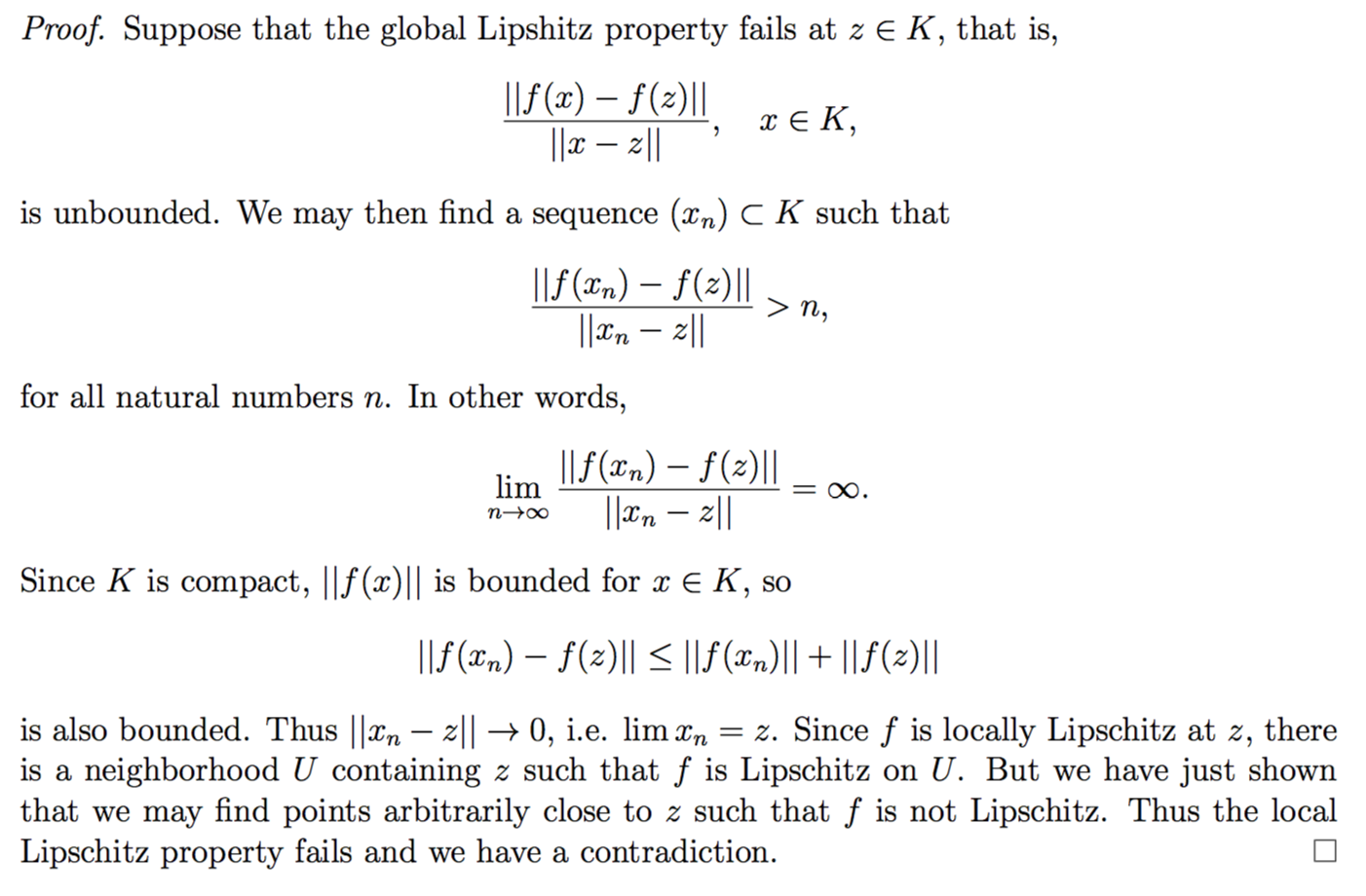
In psychology research literature, the term child prodigy is defined as person under the age of ten who produces meaningful output in some domain to the level of an adult expert performer. Child prodigies are rare, and in some domains, there are no child prodigies at all. Prodigiousness in childhood does not always predict adult eminence. The persons listed here have come to the haphazard attention of history or current news and probably do not represent the typical experience of a child prodigy.
== Mathematics and science ==
=== Mathematics ===
==== Born 1600–1699 ====
Juan Caramuel ...






